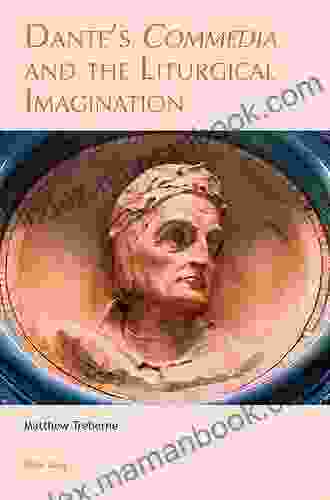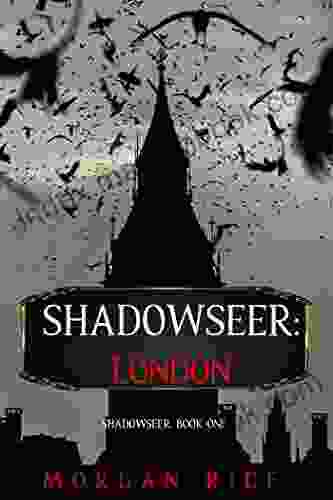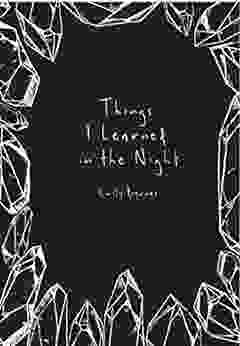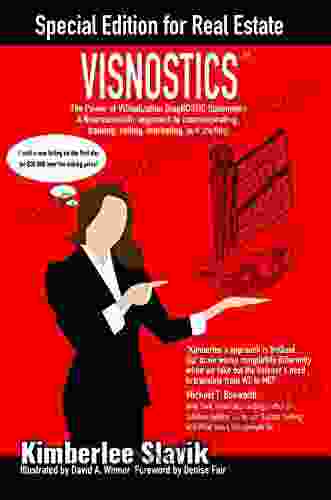Dante's Commedia and the Liturgical Imagination: Exploring the Interplay of Divine and Human Time in Leeds Studies on Dante

: Dante's Divine Journey and the Liturgical Imagination
"Nel mezzo del cammin di nostra vita"
("Midway upon the journey of our life")
- Dante Alighieri, Inferno
5 out of 5
| Language | : | English |
| File size | : | 3002 KB |
| Text-to-Speech | : | Enabled |
| Screen Reader | : | Supported |
| Enhanced typesetting | : | Enabled |
| Print length | : | 298 pages |
| X-Ray for textbooks | : | Enabled |
With these iconic words, Dante embarks on his extraordinary journey through the realms of the afterlife in his epic poem, the Commedia. This journey, as scholars in Leeds Studies on Dante have meticulously explored, is not merely a physical or allegorical pilgrimage but a profoundly spiritual one, guided by the rhythms and rituals of the Church's liturgical imagination.
The liturgical imagination, a concept coined by the late Professor Christopher Page, refers to the ways in which the Church's calendar, sacraments, and devotional practices shape and condition the Christian experience of time and space. By immersing himself in this liturgical framework, Dante crafts a narrative that resonates with the heartbeat of Christian faith, inviting readers to contemplate the profound interplay between divine and human time.
Divine Time and the Structure of the Commedia
The structure of the Commedia is itself a testament to Dante's adherence to liturgical rhythms. The poem is divided into three cantiche, or cantos: Inferno, Purgatorio, and Paradiso. Each cantica consists of 33 cantos, mirroring the 33 years of Christ's life on Earth.
Furthermore, the Commedia unfolds over the course of a single week, beginning on the evening of Maundy Thursday and concluding on Easter Sunday. This temporal framework aligns the reader's experience with the most sacred week in the Christian calendar, evoking a sense of pilgrimage and spiritual renewal.
Human Time and the Pilgrim's Journey
Within the overarching framework of divine time, Dante also explores the complexities of human time. The pilgrim's journey through the underworld is a metaphor for the soul's progression through the stages of purification and redemption. Each level of hell represents a different circle of sin, with punishments that reflect the nature of the offense.
As the pilgrim ascends through Purgatory, he encounters souls who are undergoing a process of purgation and healing. This ascent mirrors the Christian belief in the possibility of forgiveness and the gradual transformation of the soul towards a state of grace.
Beatrice and Divine Love
Throughout his journey, the pilgrim is guided by two figures: Virgil, who represents human reason, and Beatrice, who embodies divine love and grace. Beatrice's appearance in the Paradiso marks a pivotal moment in the pilgrim's transformation, as she leads him towards a vision of the divine.
Beatrice's role in the Commedia is not only symbolic but also liturgical. She is often associated with the figure of the Virgin Mary, who intercedes for sinners and guides them towards salvation. Through her love, Dante's pilgrim undergoes a profound conversion of heart, aligning his will with the divine will.
Redemption and the End of Time
The final cantos of the Paradiso present a vision of the end of time, when all souls will be united in the presence of God. This eschatological vision is rooted in the Christian belief in the resurrection of the body and the eternal life of the soul.
Dante's journey concludes with a glimpse of the Trinity, the ultimate mystery of Christian faith. In this moment of revelation, time itself seems to collapse, as the pilgrim experiences an eternity in an instant.
: Dante's Legacy and the Enduring Power of the Commedia
Through its profound exploration of the interplay between divine and human time, Dante's Commedia continues to resonate with readers centuries after its creation. The poem invites us to contemplate the nature of sin, redemption, and the ultimate destiny of the soul.
The scholars of Leeds Studies on Dante have made significant contributions to our understanding of Dante's liturgical imagination. Their work has illuminated the ways in which the poem engages with the temporal rhythms and rituals of the Church, offering a rich and nuanced interpretation of this timeless masterpiece.
In the words of Christopher Page, "Dante's Commedia is not simply a poem about the afterlife but a poem about time itself, about the way in which our experience of time is shaped by our beliefs and our desires." Through its exploration of the liturgical imagination, Dante's epic journey continues to inspire and challenge readers, inviting us to reflect on our own place in the grand scheme of time and eternity.
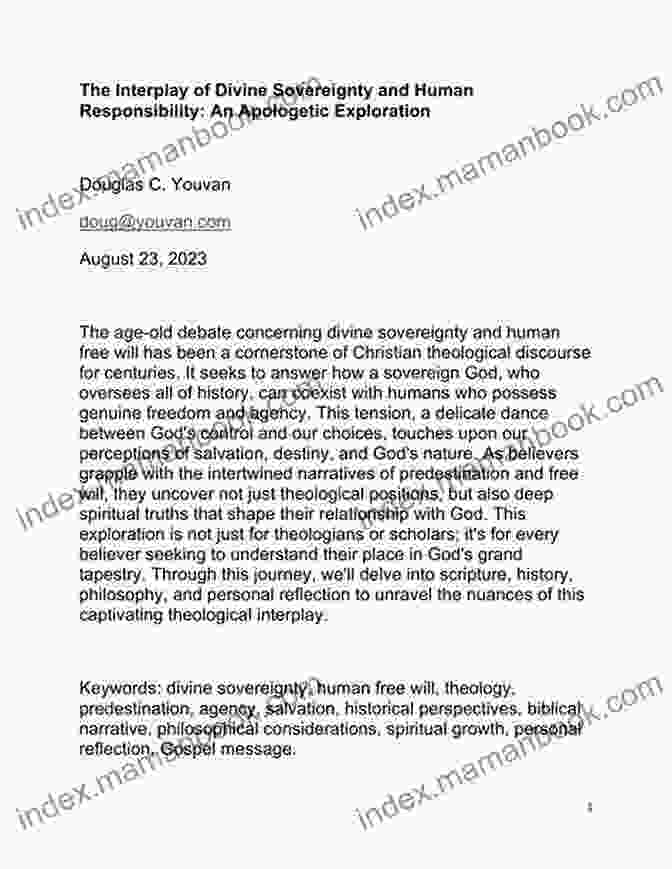
5 out of 5
| Language | : | English |
| File size | : | 3002 KB |
| Text-to-Speech | : | Enabled |
| Screen Reader | : | Supported |
| Enhanced typesetting | : | Enabled |
| Print length | : | 298 pages |
| X-Ray for textbooks | : | Enabled |
Do you want to contribute by writing guest posts on this blog?
Please contact us and send us a resume of previous articles that you have written.
 Top Book
Top Book Novel
Novel Fiction
Fiction Nonfiction
Nonfiction Literature
Literature Paperback
Paperback Hardcover
Hardcover E-book
E-book Audiobook
Audiobook Bestseller
Bestseller Classic
Classic Mystery
Mystery Thriller
Thriller Romance
Romance Fantasy
Fantasy Science Fiction
Science Fiction Biography
Biography Memoir
Memoir Autobiography
Autobiography Poetry
Poetry Drama
Drama Historical Fiction
Historical Fiction Self-help
Self-help Young Adult
Young Adult Childrens Books
Childrens Books Graphic Novel
Graphic Novel Anthology
Anthology Series
Series Encyclopedia
Encyclopedia Reference
Reference Guidebook
Guidebook Textbook
Textbook Workbook
Workbook Journal
Journal Diary
Diary Manuscript
Manuscript Folio
Folio Pulp Fiction
Pulp Fiction Short Stories
Short Stories Fairy Tales
Fairy Tales Fables
Fables Mythology
Mythology Philosophy
Philosophy Religion
Religion Spirituality
Spirituality Essays
Essays Critique
Critique Commentary
Commentary Glossary
Glossary Bibliography
Bibliography Index
Index Table of Contents
Table of Contents Preface
Preface Introduction
Introduction Foreword
Foreword Afterword
Afterword Appendices
Appendices Annotations
Annotations Footnotes
Footnotes Epilogue
Epilogue Prologue
Prologue Sandra Newman
Sandra Newman Helen Rees
Helen Rees Richard Vague
Richard Vague Khaled Mattawa
Khaled Mattawa Katsuhiro Hayashi
Katsuhiro Hayashi Kaite O Reilly
Kaite O Reilly David Page
David Page Aaron Chase
Aaron Chase Anthony Bourdain
Anthony Bourdain Amy Cornwell
Amy Cornwell Esi Edugyan
Esi Edugyan Erin I Kelly
Erin I Kelly Lubna Yusuf
Lubna Yusuf Dimitrios Kravvaris
Dimitrios Kravvaris Marquis De Sade
Marquis De Sade Blaise Corvin
Blaise Corvin Dani Hoots
Dani Hoots T Livingston
T Livingston Lyndsey Hookway
Lyndsey Hookway Kevin Mclaughlin
Kevin Mclaughlin
Light bulbAdvertise smarter! Our strategic ad space ensures maximum exposure. Reserve your spot today!
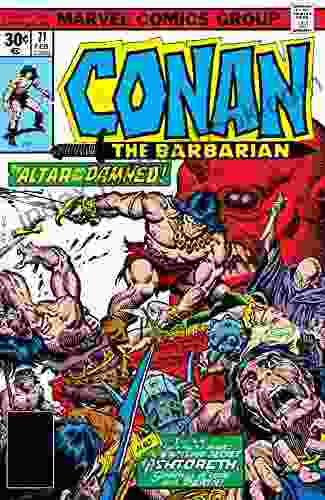
 Haruki MurakamiConan the Barbarian: A Cinematic Journey from 1970 to 1993 with Roy Thomas
Haruki MurakamiConan the Barbarian: A Cinematic Journey from 1970 to 1993 with Roy Thomas Bryce FosterFollow ·3.5k
Bryce FosterFollow ·3.5k Billy FosterFollow ·15.5k
Billy FosterFollow ·15.5k Bob CooperFollow ·9.2k
Bob CooperFollow ·9.2k Terry PratchettFollow ·2k
Terry PratchettFollow ·2k Chad PriceFollow ·7.6k
Chad PriceFollow ·7.6k Cody RussellFollow ·8.2k
Cody RussellFollow ·8.2k Clinton ReedFollow ·5.2k
Clinton ReedFollow ·5.2k Jacob FosterFollow ·11.3k
Jacob FosterFollow ·11.3k

 Dwight Bell
Dwight BellSlightly Higher Interval Training For 5k Runners: A...
Interval training has become an...
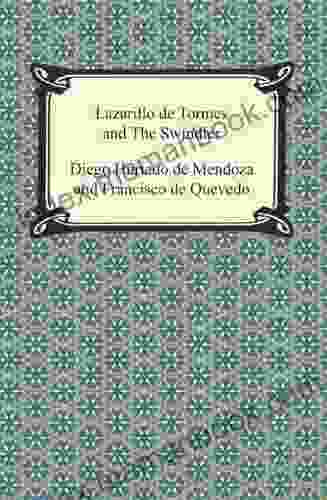
 Jordan Blair
Jordan BlairLazarillo de Tormes and the Swindler: A Tale of Deception...
The story of Lazarillo de...
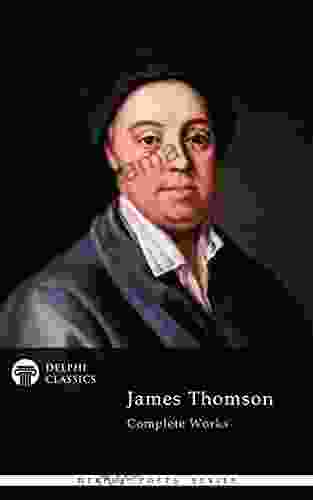
 Grayson Bell
Grayson BellDelphi Complete Works Of James Thomson Illustrated Delphi...
: Unveiling the...
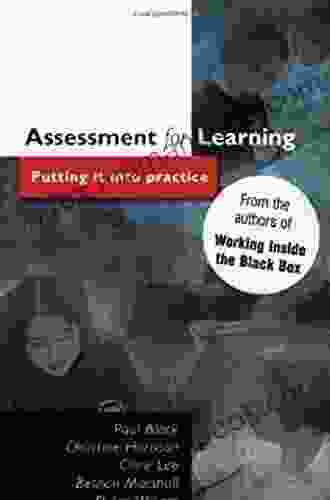
 Cooper Bell
Cooper BellAssessment For Learning (UK Higher Education OUP...
Assessment plays a crucial role in higher...

 Luke Blair
Luke BlairThis Is How Knew: A Comprehensive Guide to Unlocking Your...
Have you ever wondered if...

 Forrest Blair
Forrest BlairExploring the Kingdom of the Blind: A Deep Dive into an...
The Kingdom of the...
5 out of 5
| Language | : | English |
| File size | : | 3002 KB |
| Text-to-Speech | : | Enabled |
| Screen Reader | : | Supported |
| Enhanced typesetting | : | Enabled |
| Print length | : | 298 pages |
| X-Ray for textbooks | : | Enabled |


